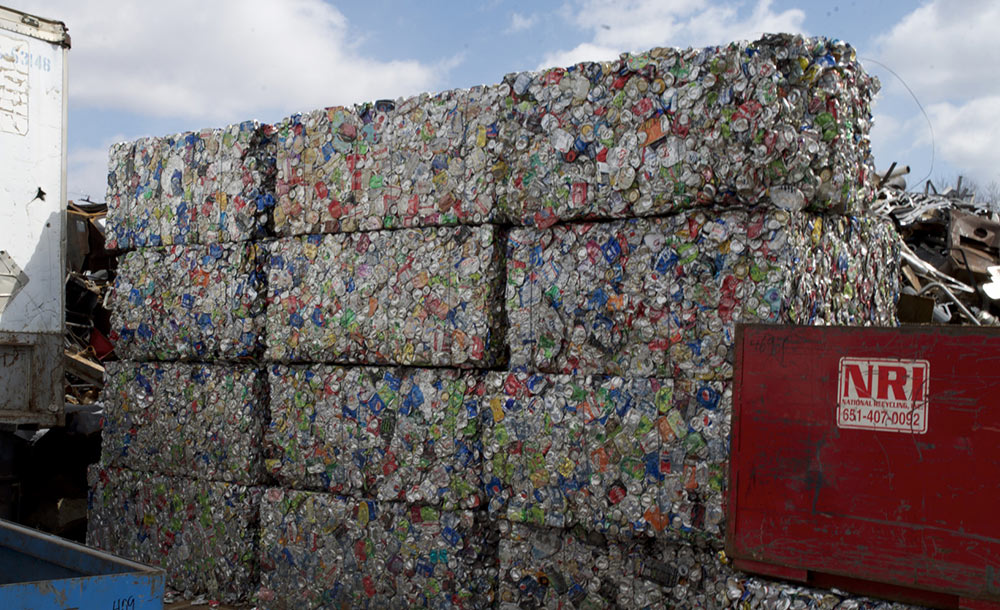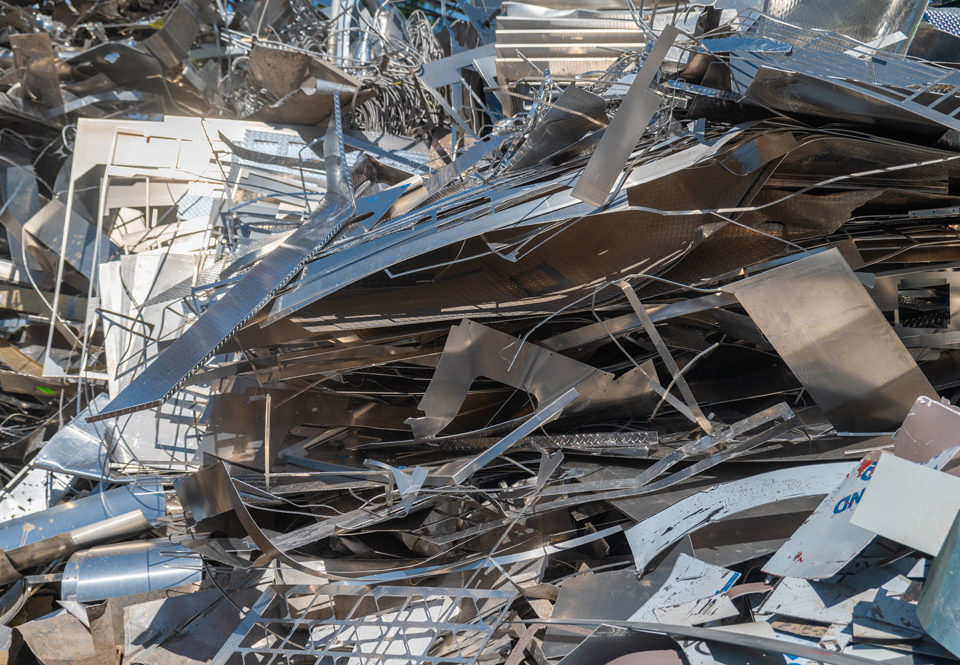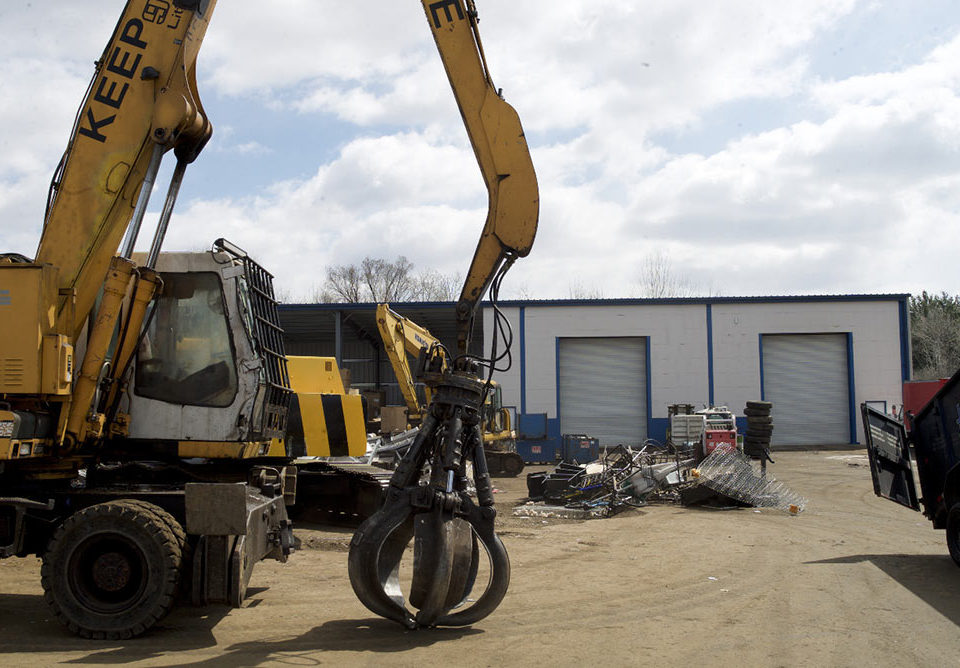
Do you consider your empty food and soda cans a resource? These cans are natural resources. Americans throw away about 2.7 millions tons of aluminum every year. About 50 percent of that is recycled. Recycling metal has a huge environmental impact. For example, recycling steel and tin cans saves 74% energy.
Aluminum Cans
The average American drinks one aluminum can of beverage per day. We recycle only 49% of all the aluminum cans that we use.
Recycling our empty cans will drastically reduce the amount of energy required to manufacture brand new cans.
You can return an aluminum can to the shelf as a brand new one as soon as 60 days have passed since you put it in your recycling bin.
Around 10,000 locations buy aluminum from coast to coast, making it simple for Americans who want to exchange their old beverage cans for money. Recycling aluminum cans in the United States is worth $1 billion per year.
One aluminum can recycled saves enough electricity to run a TV for three hours.
A Recycled Can’s Day in the life
- The customer takes the can to a recycle center or places it in a bin for recycling.
- The can will be transported to a facility for processing.
- Steel cans are lifted by a giant magnet. Aluminum cans, which are not magnetic, are dropped to a conveyor and gathered.
- Aluminum chips are made by shredding, washing and scrubbing the aluminum.
- The chips are heated in a large oven.
- The aluminum melt is poured in molds known as “ingots.”
- Ingots are then taken to a melting factory, where they are melted down into thin, flat sheets.
- Aluminum foil, beverage cans and pie pans are all made from sheets of aluminum foil.
- The beverage companies will fill the cans, and then deliver them to supermarkets for customers to buy.
- The recycling process begins again when customers take their used cans to the center.
Aluminum Foil and Bakeware
During World War II the Americans collected aluminum foil, and even removed the silver wrapper from chewing-gum packages to help with the war effort.
We recycle foil today to save energy and protect the planet – both patriotic causes.
Aluminum is used in thousands of products. The list is endless. From disposable cookware to food wrap, to disposable burner bibs that keep your stovetops clean.
Aluminum can be recycled indefinitely. Re-melting aluminum is a much cheaper and more energy-efficient process than mining minerals to make new aluminum.
In 2010, Americans disposed of 460,000 tonnes of foil.
Aluminum foil is more likely to be recycled by Americans than soda cans.
Household Hints
Foil can have food particles stuck to it, which makes it more difficult for recycling plants to accept. Foil is easily cleaned. Reuse it as often as possible and make sure to clean it before recycling it. Buy 100% recycled aluminum foil. You will be supporting a manufacturing process that uses 5 percent less energy than traditional aluminum foil production.
Steel Cans and Tin Cans (soup cans, veggie cans, coffee cans, etc.)
The containers that your green beans are packed in are mostly steel.
The term “tin”, which is used to describe these cans, comes from their micro-thin tin coating inside. This protects the taste and keeps the can from corroding.
How do you distinguish between a steel can and an aluminum can? If a magnet sticks to it, you can tell if the can is steel or aluminum. Aluminum is not magnetic.
About 90% of U.S. food containers are made from steel.
Americans consume about 100 million cans of steel every day. This is 36.5 billion cans per year.
Steel cans make up 71% of all recycled packaging in America.
Steel cans are typically made from recycled steel and contain at least 25 percent of it. However, many are almost entirely recycled steel.
From where does recycled steel come? Mostly from scrap metal.
The energy required to produce steel from raw materials is reduced by at least 75% when recycled steel is used. This is enough energy to run 18 million homes.
Steel cans are recycled by feeding them into furnaces at a foundry or steel mill. The steel can be mixed in with new steel.
Some “mini” steel mills produce their products using 100% recycled steel.



